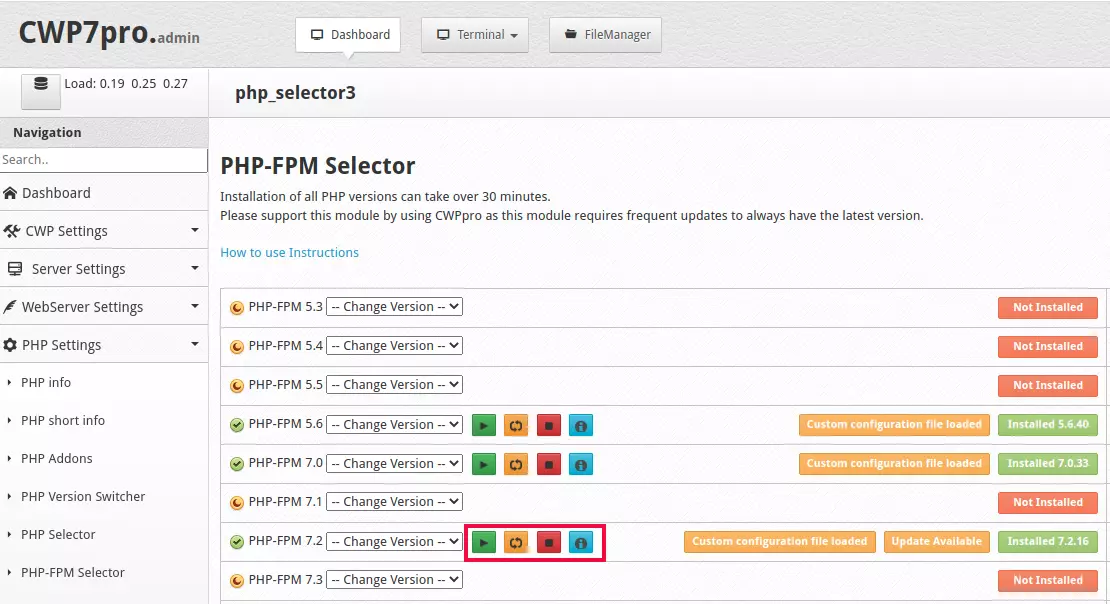Install memcached daemon with command
yum install Memcached
Enable memcached to start on boot
systemctl enable memcached
Start memcached
systemctl start memcached
You can verify if memcached is running with the command “netstat -lntp”
[root@server ~]# netstat -lntp |grep memcache
tcp 0 0 0.0.0.0:11211 0.0.0.0:* LISTEN 129472/memcached
tcp6 0 0 :::11211 :::* LISTEN 129472/memcached
[root@server ~]#
By default Memcached listen on all interfaces (0.0.0.0:11211). You need to make it bind to 127.0.0.1 only, so no one will be able to access your Memcached installation from the public. For securing Memcached installation, refer How to secure Memcached on CentOS 7. After Memcached is secured, you will see it listen on 127.0.0.1 only like the following
[root@server etc]# netstat -lntp | grep mem
tcp 0 0 127.0.0.1:11211 0.0.0.0:* LISTEN 81636/memcached
[root@server etc]#
Install memcached PHP Module
Install the requirements
yum install -y libmemcached-devel zlib-devel
Replace default system PHP with PHP version on which you need memcache PHP module installed. In this case, I will be installing the PHP module for PHP version 7.4
cd /usr/bin
mv php php.old
mv phpize phpize.old
ln -s /opt/plesk/php/7.4/bin/php
ln -s /opt/plesk/php/7.4/bin/phpize
Now run the command
/opt/plesk/php/7.4/bin/pecl install memcached
If you get error related to phpize missing, you need to install PHP devel package.
yum install plesk-php74-devel
After install finished, you need to edit php.ini
vi /opt/plesk/php/7.4/etc/php.ini
At end of the file, add
extension=memcached.so
Restart php-fpm
systemctl restart plesk-php74-fpm.service
Install memcache module
the latest version of memcache won’t work with PHP 7.4, so we need to use an older version.
To install version 4.0.5.2 of memcache, run
/opt/plesk/php/7.4/bin/pecl install memcache-4.0.5.2
After installing, edit php.ini file
vi /opt/plesk/php/7.4/etc/php.ini
At end of the file, add
extension=memcache.so
Restart php-fpm
systemctl restart plesk-php74-fpm.service





